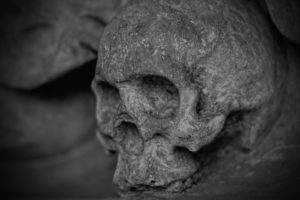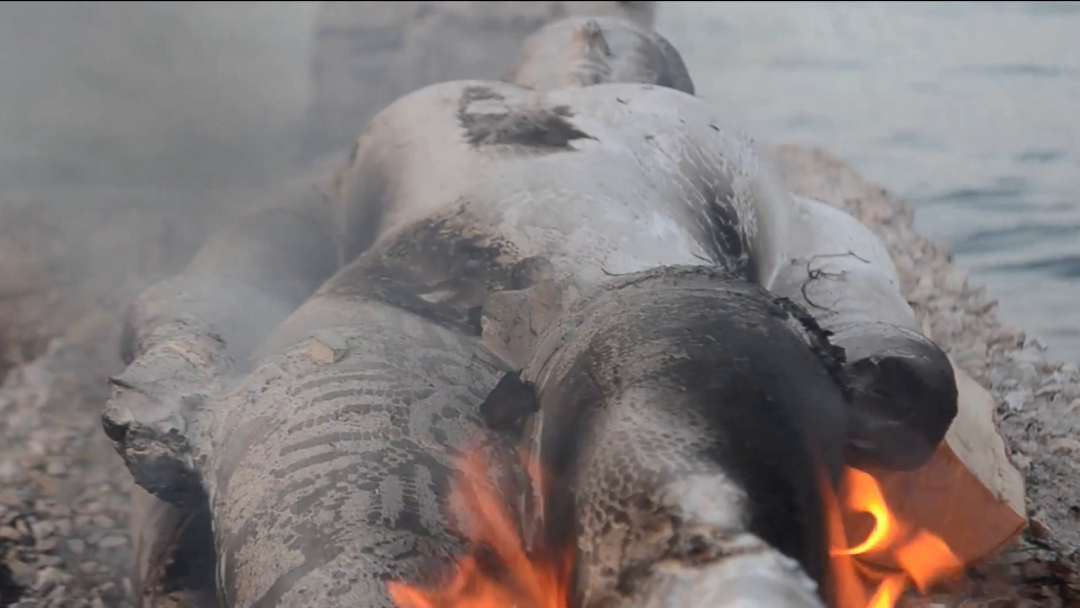Many people have reasons for believing that it’s quite likely that human personalities die along with the human bodies that enabled them to exist for a short time. Other people have reasons for believing that the immortality of the personality is a real possibility. On a literal level, these positions are incompatible. However, they bear similarities in that they can each be understood as expressions of interest about the nature of humanity and the limits of human knowledge.
The anti-immortality position
Never-endings is not necessarily a desirable quality. The philosopher Simon Blackburn wrote in “Being Good” that temporary happiness are nonetheless real happiness; it is only when we contemplate their temporary nature in an abstract way that we grow dissatisfied. Plenty of concrete things are both temporary and worthwhile, such as a good meal, and in fact, are more pleasing for their evanescence. “It is not as if things would be better if we always wanted a dinner,” he began, “or if having got dinner once we never wanted one again, or if the one dinner went on for a whole lifetime. None of those things seem remotely desirable, so why make a fuss about it not being like that?”
 Some people do not make a fuss. Even assuming “that mortality is unbearable or makes human existence intrinsically pointless” does not generate a “universal motivation” to explain mortality through religion, according to Pascal Boyer in “Religion Explained”. The urge to propose immortality is, rather, “culture-specific speculation,” Boyer wrote. After all, one might coherently say: Life is unbearable and pointless, and that’s too bad for us. There doesn’t seem to be any law that life must be happy and purposeful.
Some people do not make a fuss. Even assuming “that mortality is unbearable or makes human existence intrinsically pointless” does not generate a “universal motivation” to explain mortality through religion, according to Pascal Boyer in “Religion Explained”. The urge to propose immortality is, rather, “culture-specific speculation,” Boyer wrote. After all, one might coherently say: Life is unbearable and pointless, and that’s too bad for us. There doesn’t seem to be any law that life must be happy and purposeful.
The pro-immortality position
Rephrased, the skeptic’s question is “Just because I exist, why should I exist forever?” as Jeremy Driscoll echoed it in “A Monk’s Alphabet.” However, Driscoll begs to differ, claiming that there is “an experience of I that delivers knowledge of self as immortal in an incontrovertible way.” He means that, if one perceives this kind of self-awareness of personal immortality, which he has felt and which he deems real, then there is no argument that can shake it.
To someone who is convinced of immortality, there is scant evidence to contraindicate it. What could one take as evidence? The silence and the darkness? No, human ignorance does not imply that anything is or is not happening behind the curtain of the world. “The fact that we cannot see our friends or communicate with them after the transformation, which we call death, is no proof that they cease to exist,” said Walter Dudley Cavert, quoted in Peale’s “Treasury of Courage and Confidence”.
Reconciling the two: Spiritual skepticism
Some deeply religious people are skeptical of immortality. The Bible has Ecclesiastes say: “All [men and beasts] go to one place, all come from the dust and all return to the dust. Who knows whether the spirit of men rises upward and the spirit of the beast goes down to the earth?”
 People have a hard time even beginning to think about the boundaries of what they do not know yet. “Is the hole the space you’ve dug or is it made of the clay and snow you’ve dug out?” asked a character in Gerard Donovan’s novel “Schopenhauer’s Telescope“. The meaning of this question is obscure, but one possible interpretation is that we use that which we already understand to guide our inquiry into what we do not yet understand, like dirt that supports the sides of a hole as we drill down. The hole may be defined by what we already know, the emptiness by what is not empty.
People have a hard time even beginning to think about the boundaries of what they do not know yet. “Is the hole the space you’ve dug or is it made of the clay and snow you’ve dug out?” asked a character in Gerard Donovan’s novel “Schopenhauer’s Telescope“. The meaning of this question is obscure, but one possible interpretation is that we use that which we already understand to guide our inquiry into what we do not yet understand, like dirt that supports the sides of a hole as we drill down. The hole may be defined by what we already know, the emptiness by what is not empty.
It works the other way, too: what we believe we know may only be a delusion grown to mask our ignorance. Thus Donovan’s character spoke of “heaven, which is nothing but a hole in our thinking.” The idea of a place for immortal souls purports to be an explanation or the human condition or a description of reality, but it’s a confession of our own ignorance, as it is grown to fill the exact shape of the hole of what we do not know.
And of course, no one wants delusion: “It is not by delusion, however exalted, that mankind can prosper, but only by unswerving courage in the pursuit of truth,” said Bertrand Russell, a famous atheist mathematician. It is one thing to admit that everything we believe we see is made just a little hazy by intractable uncertainty, and another thing to wallow in the pit of delusion because it feels easier.
What will you become?
The question of the survival of the human personality will not be settled anytime soon. That’s all right; uncertainty is not all bad. Uncertainty is a slightly unsettling feeling that prompts people to map the edges of what they know and don’t know. What one doesn’t know yet is often the more interesting realm because it represents room for growth. Imagining what is beyond the edges of the imaginable causes one to reassess the meaning of one’s relationships with others (living and dead) and to think about what one might come to be someday.
https://www.youtube.com/watch?v=l9uLL5Kjur4






